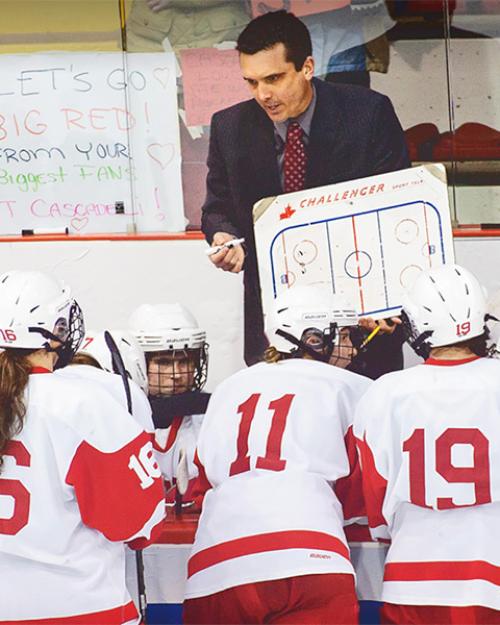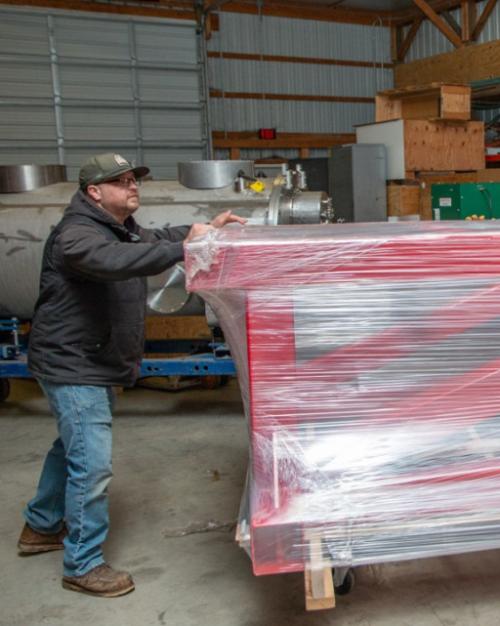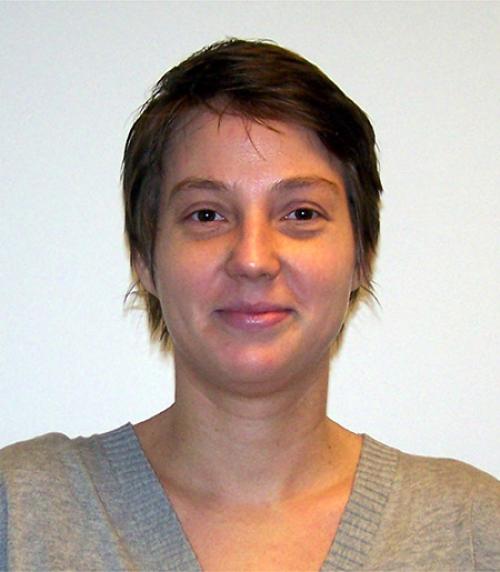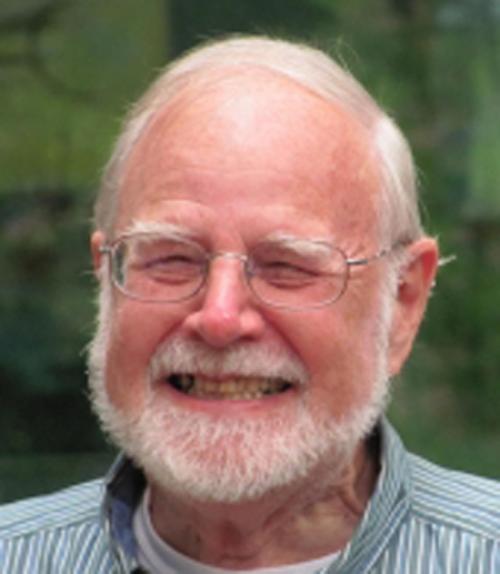Peter C. Hinkle, Cornell professor emeritus of biochemistry, cell and molecular biology, died May 12 in Ithaca of pancreatic cancer. He was 76.
Widely acknowledged as a brilliant biochemist, Hinkle was an early adopter of a groundbreaking new approach to understanding the energy metabolism in cells. Though originally trained in classical biochemistry, Hinkle chose to do postdoctoral work in England with Peter Mitchell, who had postulated a new approach to how cells acquire the carbon and energy they need to grow, the “chemiosmotic theory,” for which Mitchell received the Nobel Prize in 1978.
“The chemiosmotic mechanism postulated by Mitchell was not easily understood by those trained in classical biochemistry, but Peter Hinkle did understand and brought those ideas to Cornell where they took root,” said Joseph Calvo, professor emeritus of molecular biology and genetics.
Hinkle received a bachelor's degree in biochemistry from Harvard University in 1962 and a doctorate from New York University in 1967. His work with Mitchell at Glynn Research was supported by a National Institutes of Health fellowship. His scientific promise was also recognized early by a 1971 NIH Career Development Award.
After his work at Glynn, Hinkle came to Cornell as a postdoctoral fellow in 1969. He became an assistant professor in 1973, part of a cohort of new faculty hired to strengthen biology across the campus.
“Peter was a valued member of our department for 44 years,” said William Brown, professor and chair of the Department of Molecular Biology and Genetics in the College of Arts and Sciences. “He was at the forefront of elucidating how cells make ATP, the energy currency of life on this planet.”
Hinkle and others, including Efraim Racker, Andre Jagendorf and Richard McCarty, provided convincing experimental evidence for the chemiosmotic theory.
“Peter Hinkle made a number of very important contributions to the required paradigm shift,” said Calvo. “He was an exacting experimentalist who had a highly developed understanding of laboratory conditions that avoided artifacts. He was asked to review many research papers and invited to meetings throughout the developed world.”
One of Hinkle’s most important contributions was to frame the chemiosmotic theory in a way that could be understood by the greater scientific community. He published, with McCarty, a seminal article in Scientific American that included state-of-the-art drawings of ATP synthesis in plant and animal cells, emphasizing the basic similarities in the two cases. Hinkle’s wife, Maija, played a major role in developing the drawings. “Some version of those drawings is in every biochemistry text sold today,” said Calvo.
“Peter and his colleagues also made very important contributions toward the understanding of how molecules cross biological membranes,” said McCarty, the W.D. Gill Professor Emeritus of Biology at John Hopkins University. “His lab was the first to show that the membranes of animal cells contain an embedded protein that mediates the transport of glucose across the membranes.”
Hinkle became a full professor at Cornell in 1983 and served as chair of what was then known as the Department of Biochemistry, Molecular and Cell Biology from 1985 to 1988. He taught, said Brown, “legions of students” in his graduate courses in bioenergetics and undergraduate courses in biochemistry, as well as his course Ethical Issues and Professional Responsibilities. In 2003, he and senior lecturer Jim Blankenship received a Faculty Innovation in Teaching grant to add web-based activities that incorporated 3-D visualization of proteins as well as interactive animations to the “auto-tutorial” course, Biochemistry 330.
During 1988-89 Hinkle served as distinguished visiting scientist at the Roche Institute of Molecular Biology in New Jersey. He served on numerous editorial boards, most recently for the Journal of Bioenergetics and Biomembranes.
After his retirement in 2014, Hinkle pursued interests including electronic music; he incorporated bird songs into his compositions.
Hinkle is survived by his widow, three sons, four granddaughters and two brothers.
A celebration of Hinkle’s life will take place Saturday, May 20, at 11 a.m. in the Founder’s Room in Anabel Taylor Hall. In lieu of flowers, memorial donations can be made to the Cornell Lab of Ornithology or to the Norwood and Cornelia Scholarship Fund at The Putney School.
This story also appeared in the Cornell Chronicle.




